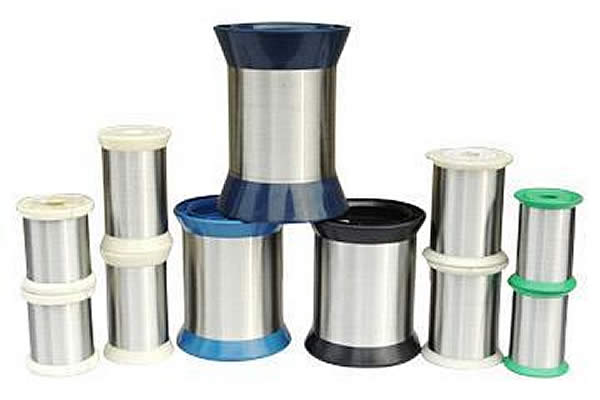 TEL:
+86-13102802206
TEL:
+86-13102802206
 Email:
fencenetting@china.com
Email:
fencenetting@china.com
 Language
Language
 TEL:
+86-13102802206
TEL:
+86-13102802206
 Email:
fencenetting@china.com
Email:
fencenetting@china.com
 Language
Language


Portable Farm Fencing A Practical Solution for Modern Agriculture
In the ever-evolving landscape of agriculture, the need for flexible and efficient farming solutions has become increasingly important. One such solution gaining popularity is portable farm fencing. This innovative approach allows farmers to adapt their land management practices swiftly, addressing various challenges such as livestock containment, pasture rotation, and crop protection.
Benefits of Portable Farm Fencing
One of the primary advantages of portable farm fencing is versatility. Unlike traditional fixed fencing, portable options can be easily relocated to suit changing agricultural needs. For example, rotational grazing is a technique that enhances pasture recovery and promotes healthier soil. With portable fences, farmers can move their livestock to fresh grazing areas while allowing previously grazed land to regenerate, boosting overall productivity.
Additionally, portable fencing systems are often lightweight and easy to install, making them ideal for farmers who may not have extensive resources or time for complex installations. Many portable fencing solutions come in panels or rolls, allowing farmers to set up or dismantle their fencing quickly without requiring heavy equipment. This adaptability is particularly beneficial for small-scale farms, hobbyists, and those who wish to maximize their land use efficiently.
Cost-Effectiveness
Cost is always a consideration in farming, and portable farm fencing offers a budget-friendly alternative to traditional fencing methods. Traditional fences, often made of timber or barbed wire, can be expensive to install and maintain. In contrast, portable fencing systems are typically made from durable and cost-effective materials such as plastic, metal, or composite materials. This affordability, coupled with their ease of use, makes portable fencing an attractive choice for many farmers looking to enhance their operations without breaking the bank.

Moreover, by utilizing portable fencing, farmers can minimize the long-term expenses associated with fixed infrastructure. Because these systems are often designed for quick and easy repair, the need for costly replacement parts or prolonged maintenance is significantly reduced.
Environmental Considerations
The environmental impact of farming practices is under constant scrutiny today. Portable farm fencing can contribute to more sustainable farming practices by enabling better land management. By facilitating practices like rotational grazing, farmers reduce overgrazing and encourage higher biodiversity in their pastures. This can result in healthier ecosystems and improved soil health, which are essential for both crop productivity and environmental sustainability.
Furthermore, portable fencing solutions have a lower environmental footprint compared to traditional fencing. Many manufacturers are now producing eco-friendly options using recycled materials, aligning with a growing trend towards sustainability in agriculture.
Conclusion
In summary, portable farm fencing represents an innovative, flexible, and cost-effective solution for modern agricultural challenges. By allowing farmers to adapt quickly to changing conditions and enhance their land management practices, these fencing systems offer significant benefits in terms of productivity, sustainability, and cost savings. As agriculture continues to evolve, portable farm fencing is set to play a crucial role in enabling farmers to operate more efficiently while caring for the environment. For those considering options to optimize their farming operations, investing in portable fencing may well be a strategic choice that yields benefits for both their business and the earth.